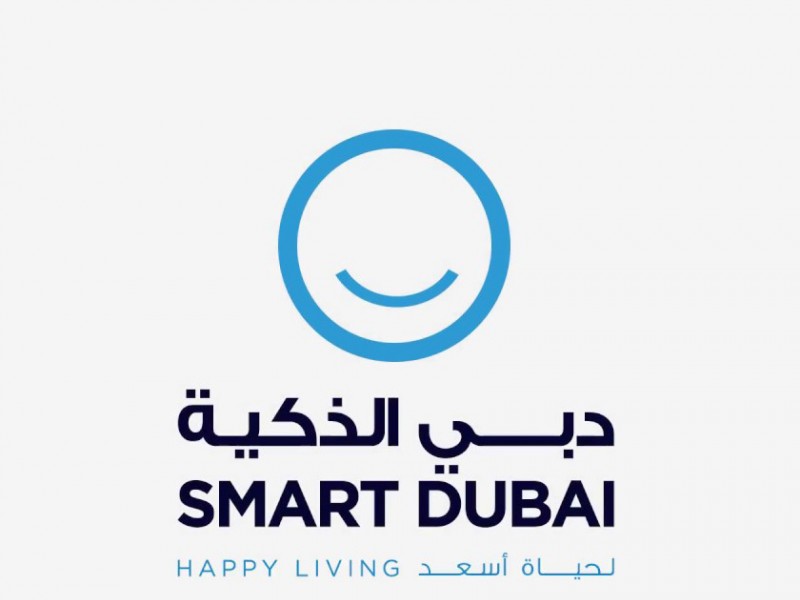
Photo: Smart-Dubai-artificial-intelligence
Artificial Intelligence: issues of ethics and morality
26 March 2019
AI is not dangerous unless we make it so
Adding cognitive abilities to a machine may appear to many as the background plot of every science-fiction movie, however, the debate around the future and limitations of Artificial Intelligence (AI) has unquestionably existed for decades in the world of computer automation systems, especially with AI being a rapidly growing trend in emergent technologies.
AI algorithms are already in use in modern society and making human life easier; technologies such as voice recognition, car navigation systems, chatbots, social networking, purchase suggestions, robotics in healthcare, and many more, rely on these algorithms to perform the task they were specifically designed to accomplish.
So far, these technologies are considered positive by various smart tech enthusiasts who believe that AI can be even further developed for the greater good.
However, the question many of the wary poses is: will researchers and scientists proceed in developing artificial intelligence technologies to the point where humans lose the ability to understand and control the functioning of a super-intelligent machine?
Although we are still too far from creating an AI technology that surpasses the capacity of the human brain, the current discussion mostly focuses on ethics, morality, and limitations.
With that in mind, Smart Dubai, the Dubai government entity responsible for the city’s digital transformation, has taken a whole systems approach to AI development–with ethical principles and guidelines for implementation at its core.
Smart Dubai launched its AI Lab in March 2017. This lab is in effect a production line of AI use cases for the city. These use cases cross all aspects of city services, from police and security, to land development, education and environmental services, and is a vital innovation test bed and important in building competency within government around this fast-paced technology.
In January 2019 Smart Dubai launched the city’s official principles and guidelines for the ethical implementation of AI. As the city data governor, central to the AI initiative is a toolkit which allows anyone implementing AI to self-assess their performance against a set of criteria which when taken together assure an ethical approach.
Dubai is the first city to set out such a voluntary approach that will help businesses and government create fair, interpretable, explainable, accountable, and ultimately trusted AI systems that manage the tension between innovation potential, societal values and the downside risks.
Since the launch of the principles and guidelines, the report has garnered considerable interest from the wider community and has already been reviewed by large technology firms and law firms who wish to document Smart Dubai’s work in legal case studies. Also, with the launch of the report, focus on AI more generally is promoting important conversations about data quality and availability in the city, fostering participation in data sharing schemes at the private and public sector level.
Finally, the recently launched Smart Dubai’s AI Ethics Board, is an illustration of the complexity of this field, built with leaders from the technology industry, academia, and government policy experts and practitioners. In an environment in which no one profession holds all the answers, the AI Ethics Board is overseeing the future development of the ethical AI toolkit, as well as considering the future path of how Smart Dubai wants to be enabling regulation for the city.








